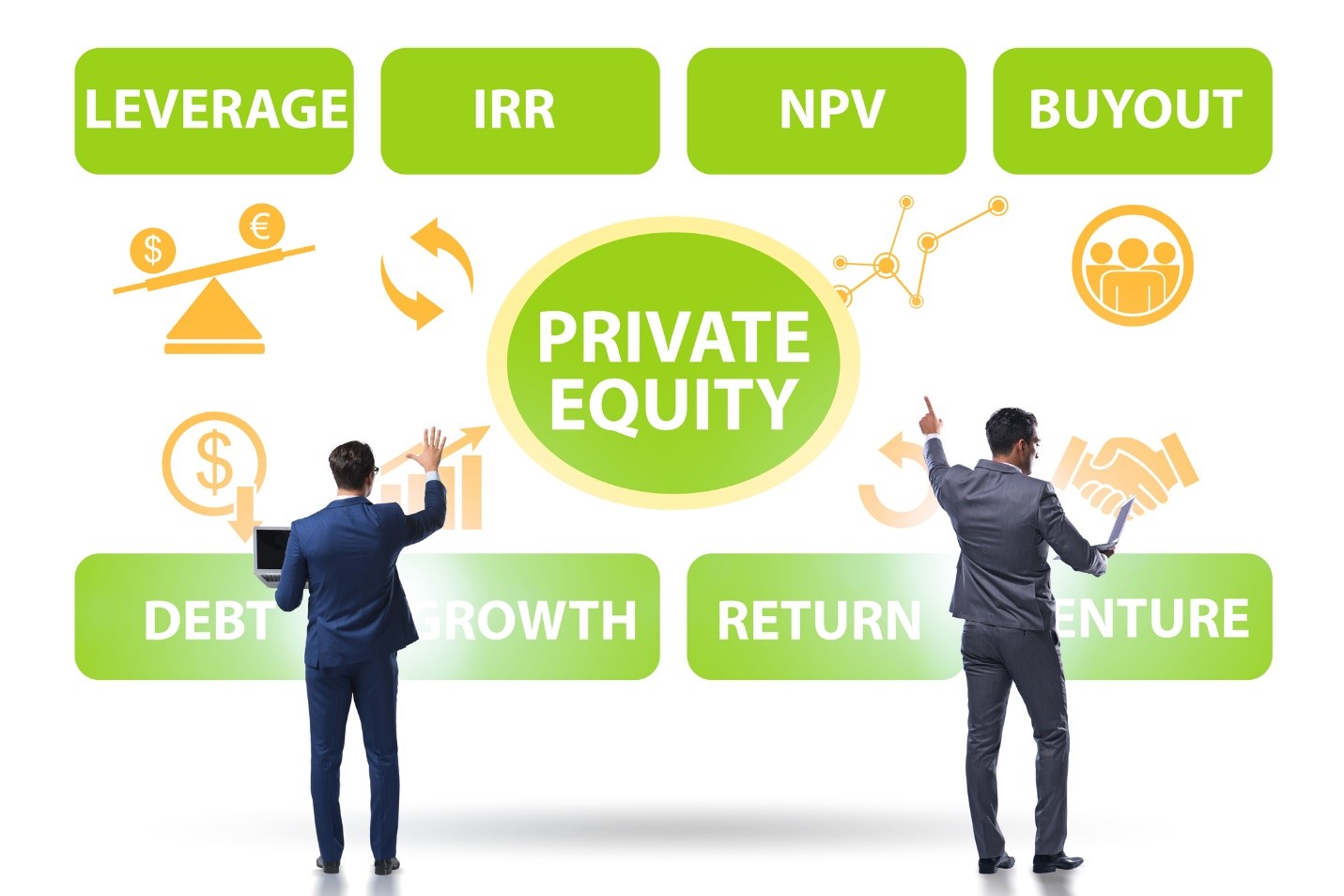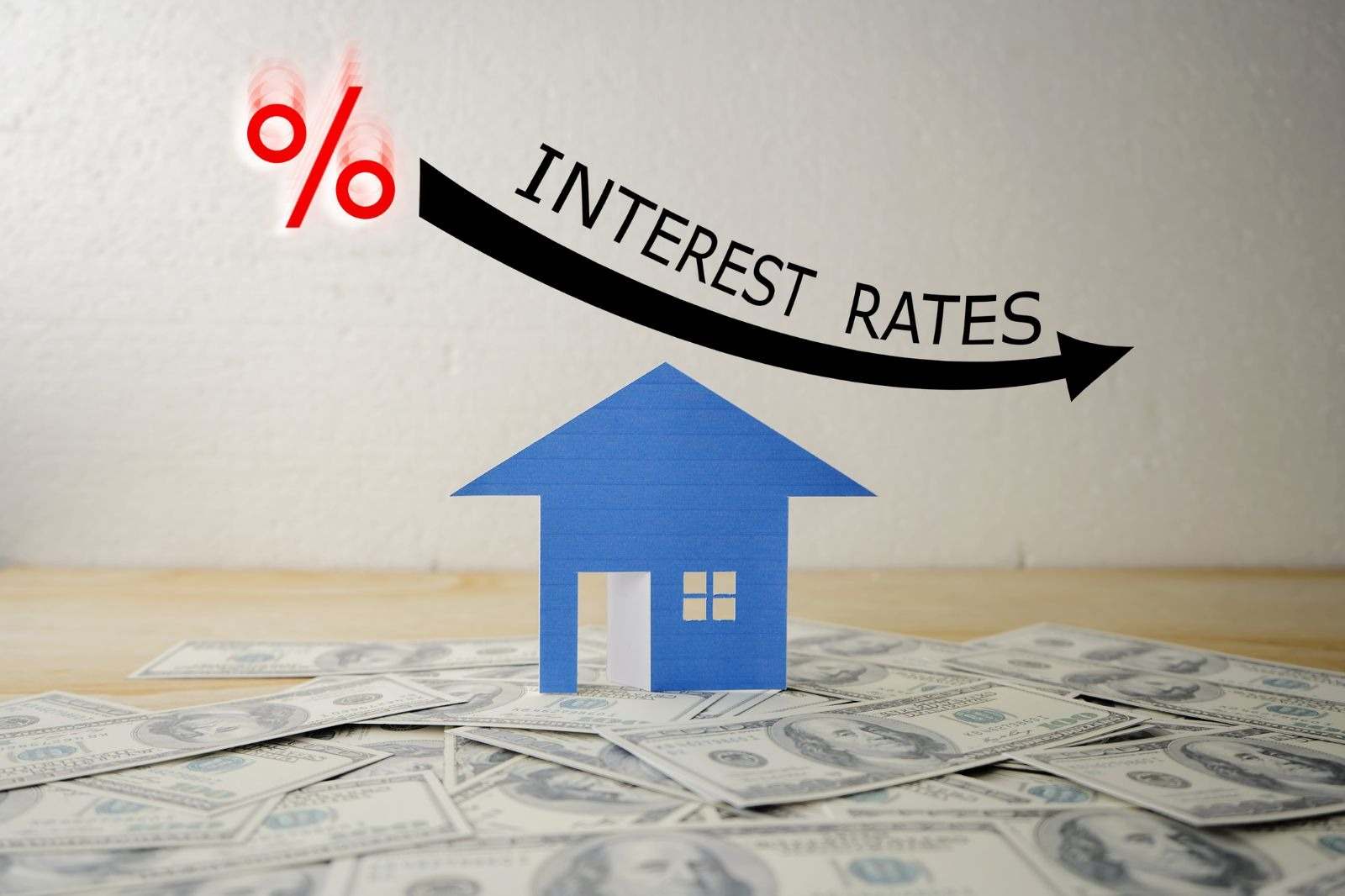Leverage in real estate means using borrowed money to buy properties. This can help investors increase returns without using all their own money. For example, by putting down a small amount and borrowing the rest, you can buy a more expensive property than you could afford outright.
However, using leverage comes with risks. If the property’s value goes down or the rental income isn’t enough to cover loan payments, you could lose money. It’s important to balance the potential rewards and the risks to avoid overextending yourself financially.

In this article, we will discuss smart strategies to use leverage safely. We will cover various ways to manage risks and maximize returns in real estate investments. By understanding these concepts, you can make better decisions and grow your real estate portfolio without taking on too much risk.
Benefits and Risks of Using Leverage in Real Estate
Higher Return on Investment (ROI)

Using leverage can greatly increase your ROI. For example, if you invest $50,000 of your own money, you might buy a property worth $50,000. But if you use that $50,000 as a down payment and borrow the rest, you could potentially buy a $250,000 property. This larger investment can lead to higher returns if the property value increases or generates good rental income.
Expanding Your Portfolio Faster
Leverage allows you to purchase more properties in a shorter amount of time. Instead of saving up the full amount for a property, you can use financing to buy several properties with the same amount of money. This helps you build a diverse portfolio faster, spreading out your risk and increasing your potential for returns.
Tax Advantages
Investors can enjoy tax benefits from leveraged properties. Mortgage interest is often tax-deductible, reducing your taxable income. Additionally, you can depreciate the property over time, further lowering your tax bill. Both of these benefits can help improve your overall investment returns.
Inflation Hedge

Real estate is a good hedge against inflation. As prices rise, so does rental income. Meanwhile, your mortgage payments stay fixed, making your debt cheaper in real terms over time. This helps protect your investment against the eroding effects of inflation.
Debt Service Risks
Borrowing money means you have to make regular loan payments. If your rental income or property value drops, you may struggle to make these payments. This can lead to financial stress and even property loss, so it’s vital to ensure that your cash flow can cover your debt obligations.
Market Fluctuations
Property values can go up or down depending on market conditions. If the market drops, your leveraged investment could lose value faster than one bought outright. It’s crucial to be aware of market trends and to have a plan for downturns.
Loan Terms & Hidden Costs
Understand the terms of your loan. Adjustable-rate mortgages can become costly if interest rates rise. Prepayment penalties or balloon payments can also catch you by surprise. Always read the fine print and know what you’re committing to.
Exit Strategies to Mitigate Risk

Have a backup plan if things go wrong. You could sell the property, refinance the loan, or convert the property into a long-term rental. These strategies can help you manage risks and protect your investment.
Smart Strategies for Responsible Leverage
The 75% Rule for Safe Borrowing

A good rule of thumb is to borrow no more than 75% of a property’s value. This leaves you with enough equity to handle market fluctuations and reduces the risk of overextending yourself. This strategy keeps your financial health intact and provides a buffer against downturns.
Use Leverage on Cash-Flowing Properties
Make sure the property you are financing can cover its own costs. Rental income should be enough to pay for mortgage payments, taxes, and maintenance. This ensures that your investment is generating positive cash flow, making it easier to manage debt.
Diversify Your Portfolio
Don’t put all your eggs in one basket. Spread your investments across different types of properties and locations. This reduces risk and helps ensure that a downturn in one market won’t wreck your entire portfolio. Mixing leveraged and unleveraged properties can also provide balance.
Build Strong Lender Relationships
Having a good relationship with your lender can help you secure better loan terms. Show them that you are a reliable borrower by maintaining a good credit score and history of on-time payments. Strong relationships with lenders can also open doors to more financing options and favorable conditions.
Call to Action and Additional Resources
Share Your Experiences

Have you used leverage in your real estate investments? Share your experience in the comment section below! What worked for you, and what challenges did you face?
Please email us for a Downloadable Checklist on Leveraging Safely
Get our free downloadable checklist to make sure you’re leveraging safely. This checklist will help guide you through the key steps to using leverage responsibly and effectively.
Book a Free Consultation

For personalized strategies tailored to your financial goals, book a free consultation with an Elysium Real Estate Investments advisor. Our experts will help you navigate the complexities of real estate leverage.
FAQ Section
What is the safest way to use leverage in real estate?
Use leverage only when the cash flow from the property covers expenses and leaves a profit margin. This ensures you can manage payments even if there are unexpected costs.
How much leverage is too much?
Generally, borrowing beyond 75-80% Loan-to-Value (LTV) increases risk and financial strain. Stick to borrowing amounts that you can comfortably manage.
Can I invest in real estate with no money down?
Yes, you can use creative financing strategies like seller financing, partnerships, and private lending to invest with little to no money down.
Is leverage a good strategy in a rising interest rate environment?
Leverage remains effective if rental income outpaces loan costs. Opt for fixed-rate loans to ensure stability and protect against rising rates.
What happens if I can’t make loan payments?
Default risks foreclosure, which can result in losing the property. Have contingency plans like refinancing, selling, or increasing rental rates to avoid missing payments.
Giving Back
If you’ve made it this far, we want to express our heartfelt gratitude for taking the time to read this article. We also have a small favor to ask of you. At Elysium Real Estate Investments LLC, we are committed to giving back to our community. We partner with remarkable nonprofits across Texas to uplift those in need. If you found value in this article, please consider visiting our Giving Back page to learn about ways you can support these meaningful causes. Every contribution, no matter how small, can have a significant impact and help someone overcome their challenges. Thank you for visiting us online and being part of our journey and community.
In Conclusion

Leverage can be a powerful tool in real estate investing, allowing you to buy more properties and increase your returns. However, it comes with risks that require careful management. Use strategies like the 75% rule, focus on cash-flowing properties, diversify your portfolio, and build strong lender relationships to leverage responsibly. By following these guidelines, you can maximize your returns and safeguard your investment.
Feel confident in taking your next steps. Download our checklist, book a consultation, and start leveraging your residential real estate investments with Elysium Real Estate Investments LLC. Your success in real estate can make a positive impact on both your financial future and your community.
Legal Disclaimer: The information provided in this article is for general informational and educational purposes only and does not constitute financial, legal, or investment advice. Elysium Real Estate Investments makes no representation or warranty, expressed or implied, regarding the accuracy, completeness, or applicability of any strategy discussed herein. Real estate investing involves risk, and leveraging strategies can amplify both gains and losses. Readers are encouraged to consult with a licensed financial advisor, tax professional, or legal counsel before making any investment decisions. Elysium Real Estate Investments shall not be held liable for any loss or damages arising directly or indirectly from reliance on the information contained in this publication.















